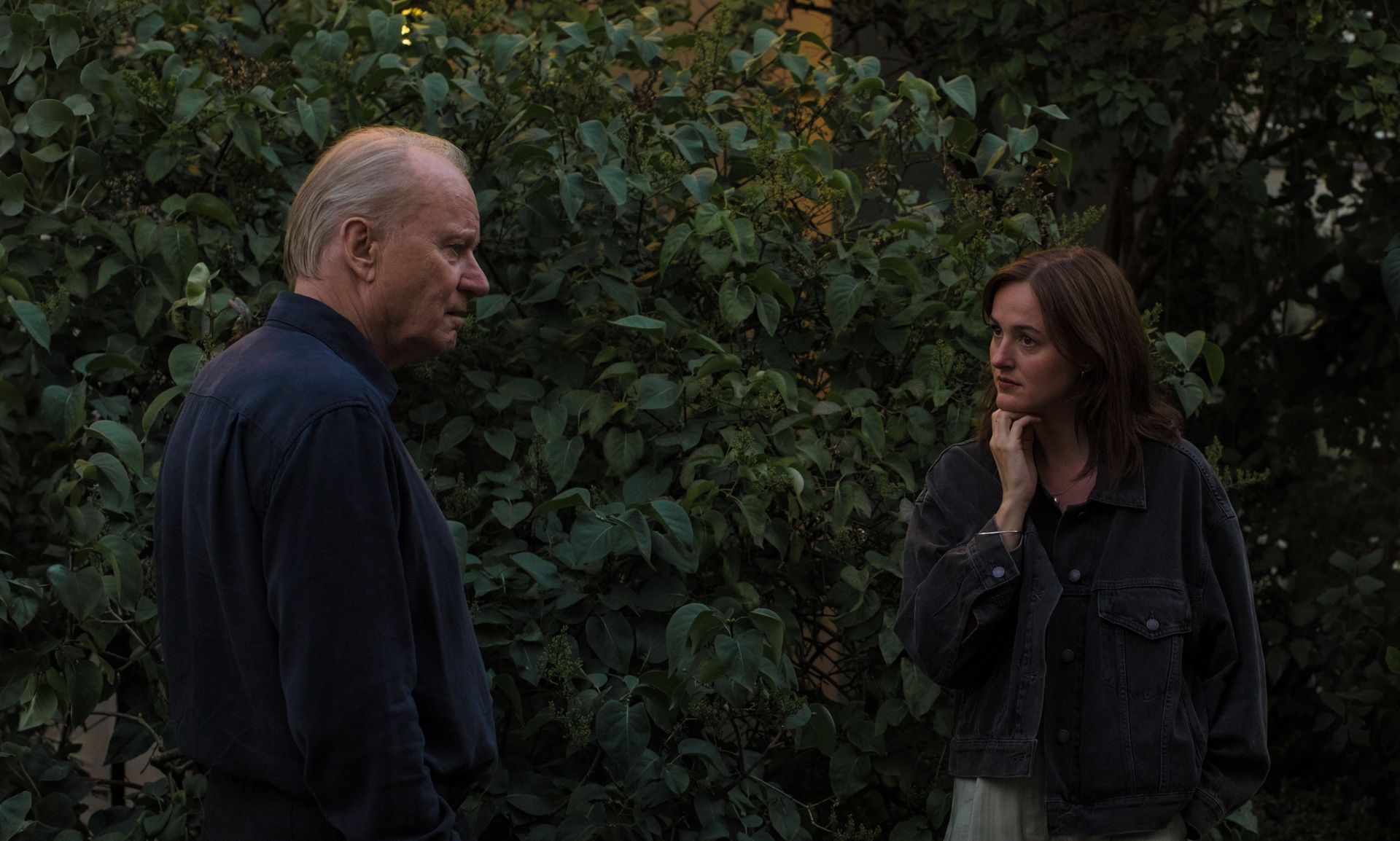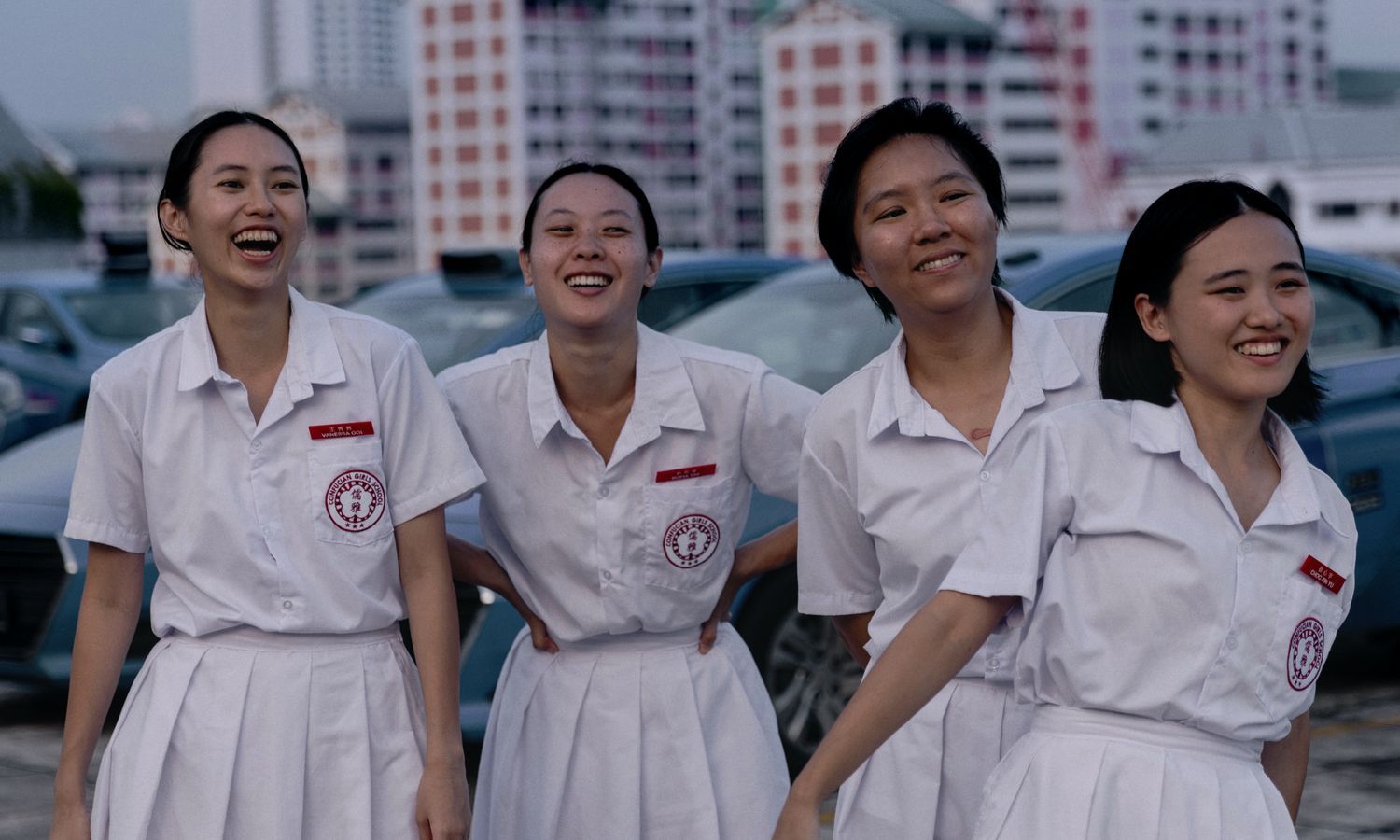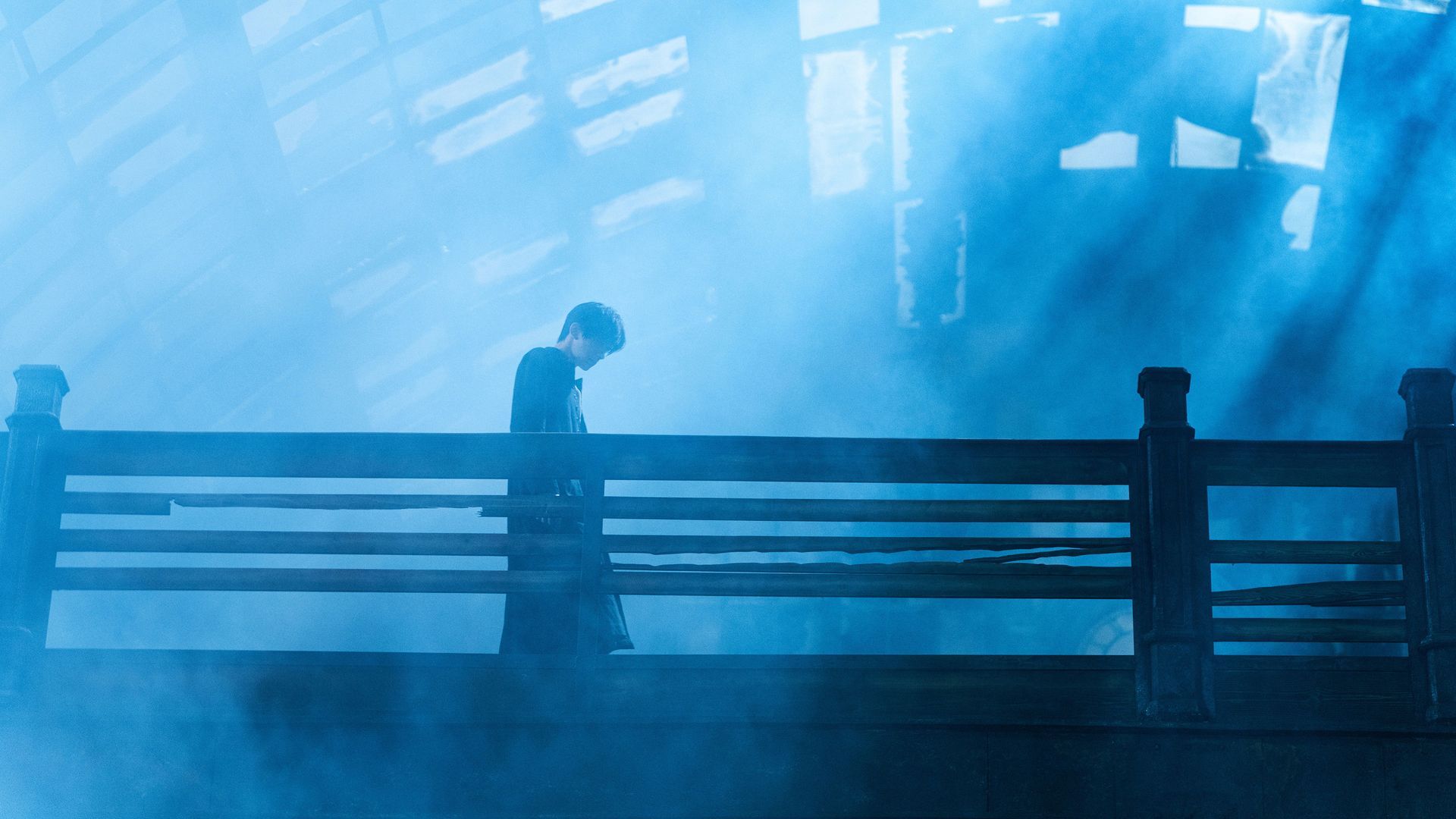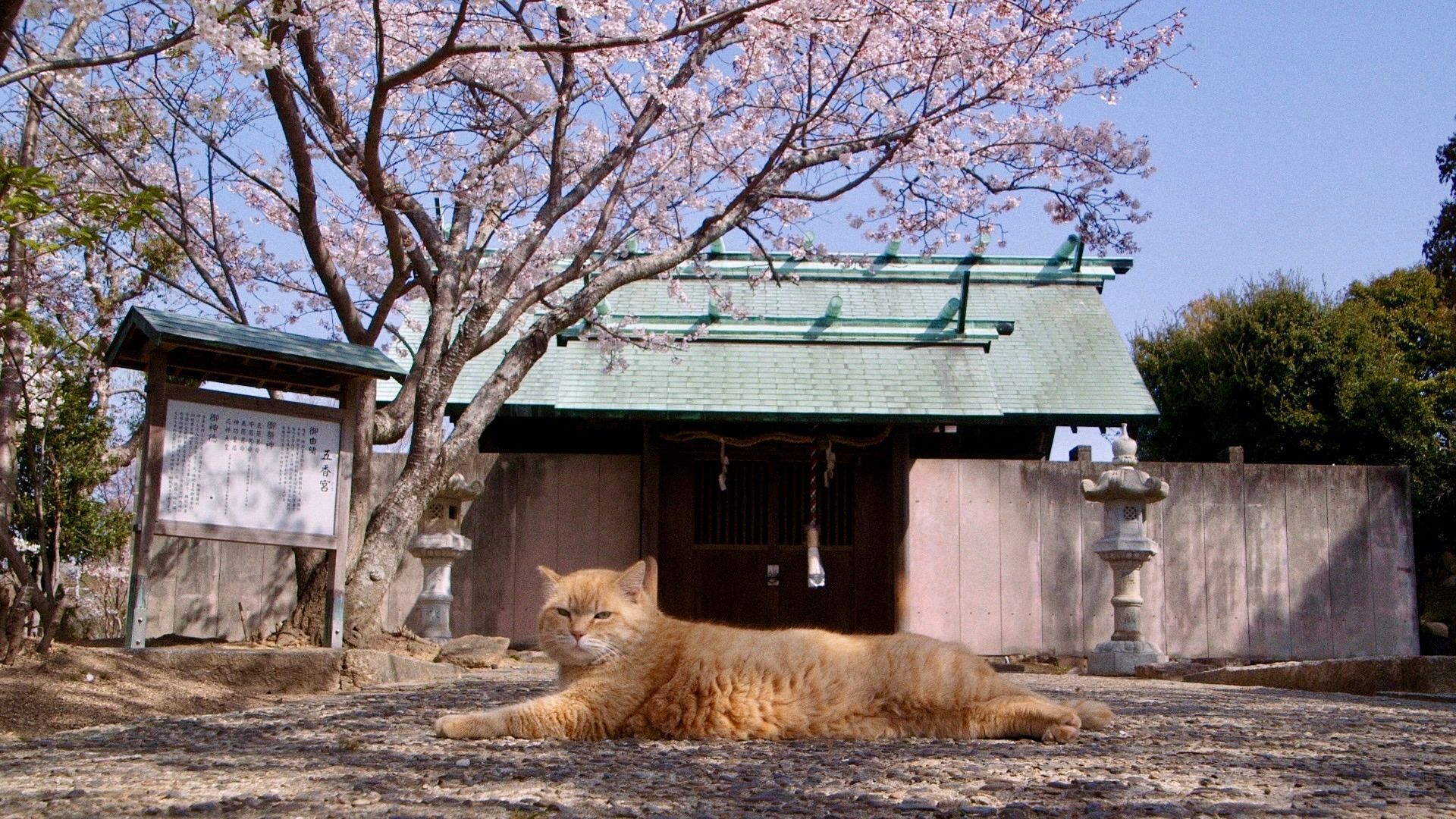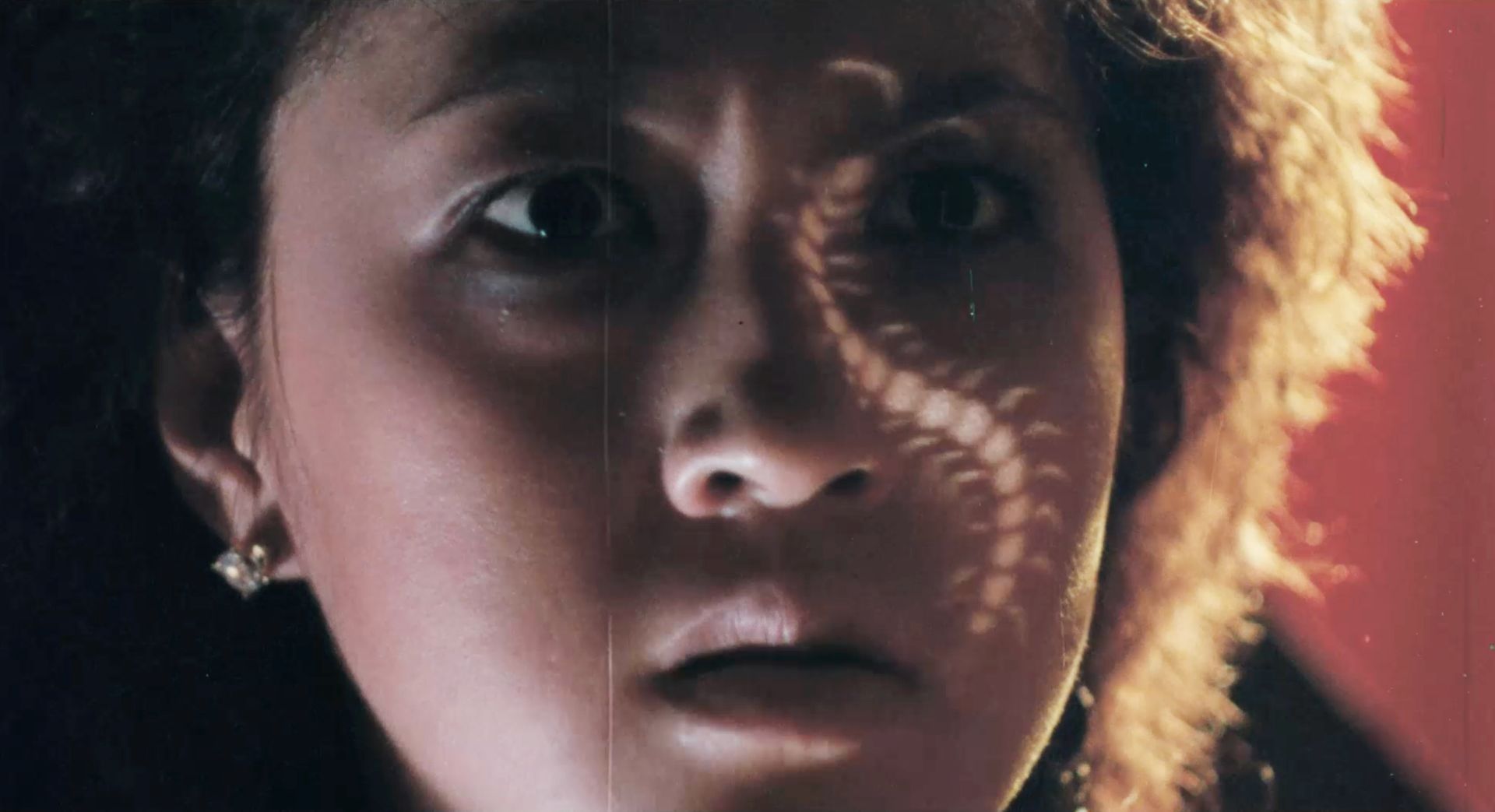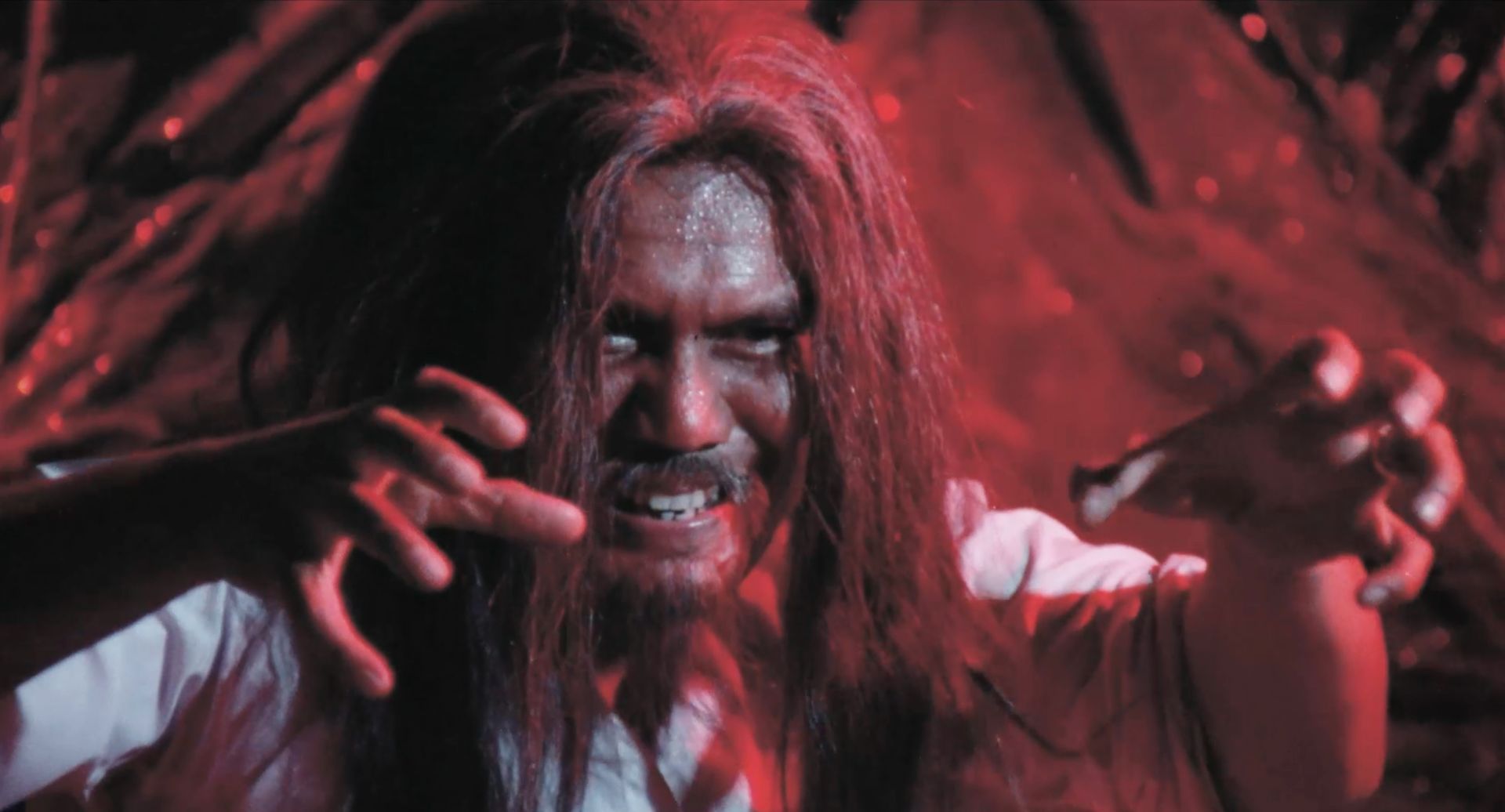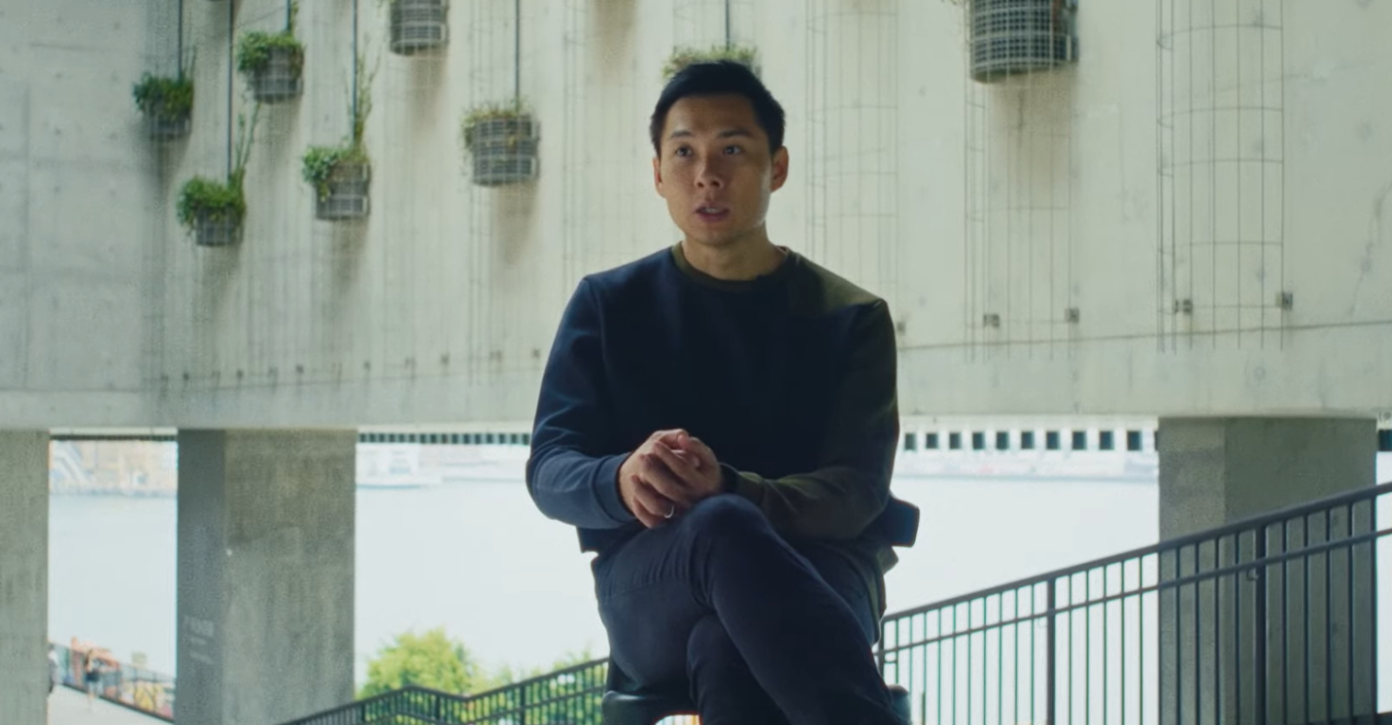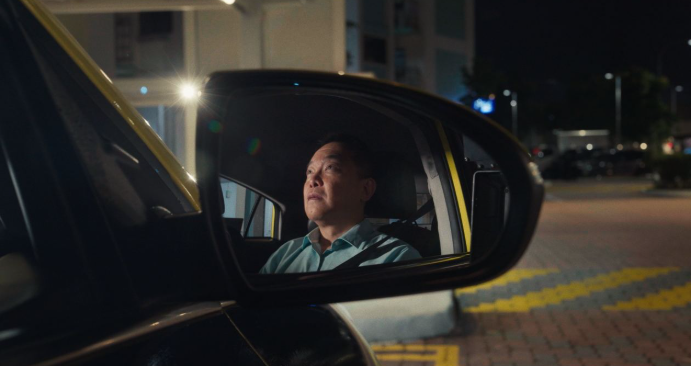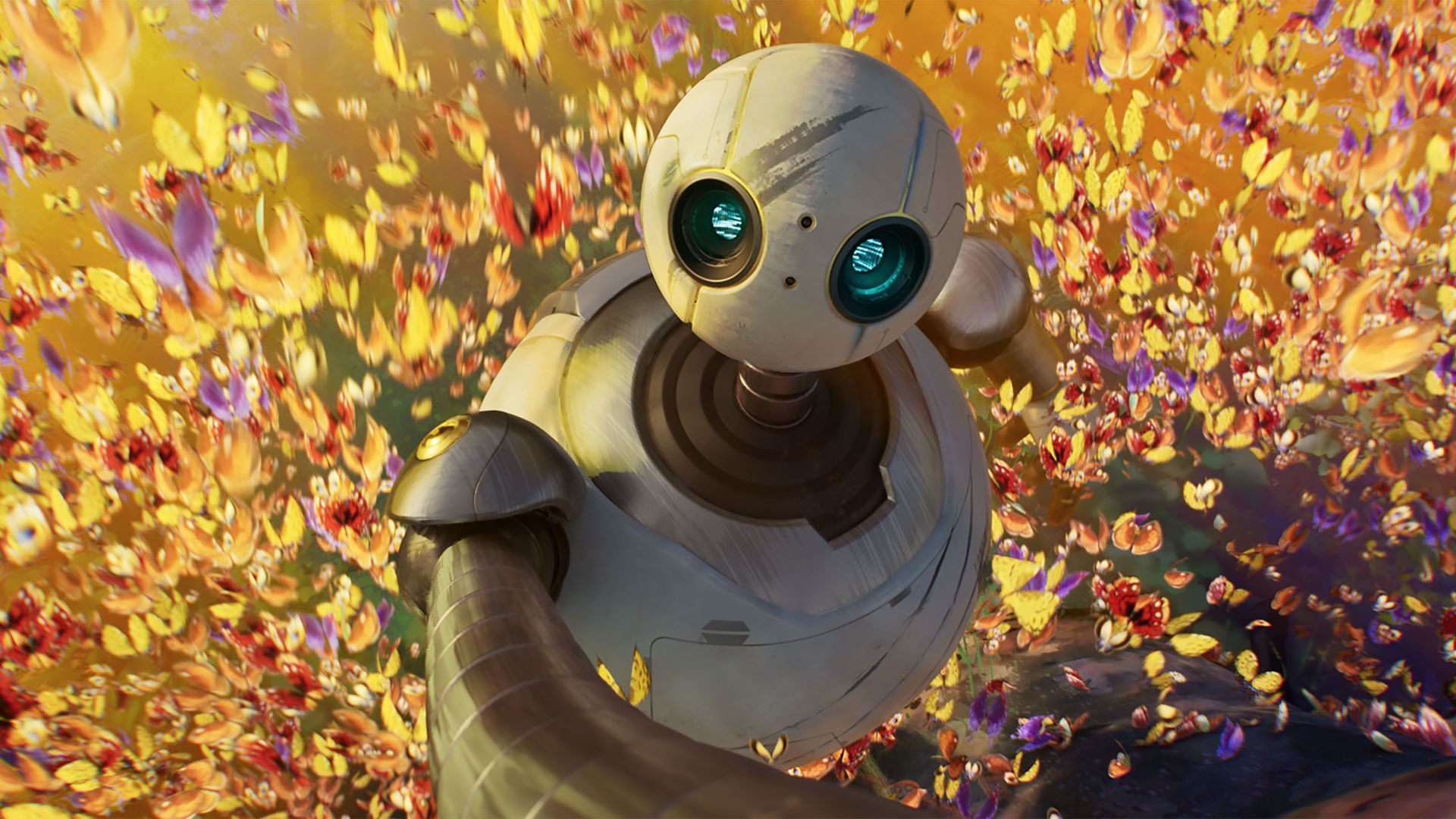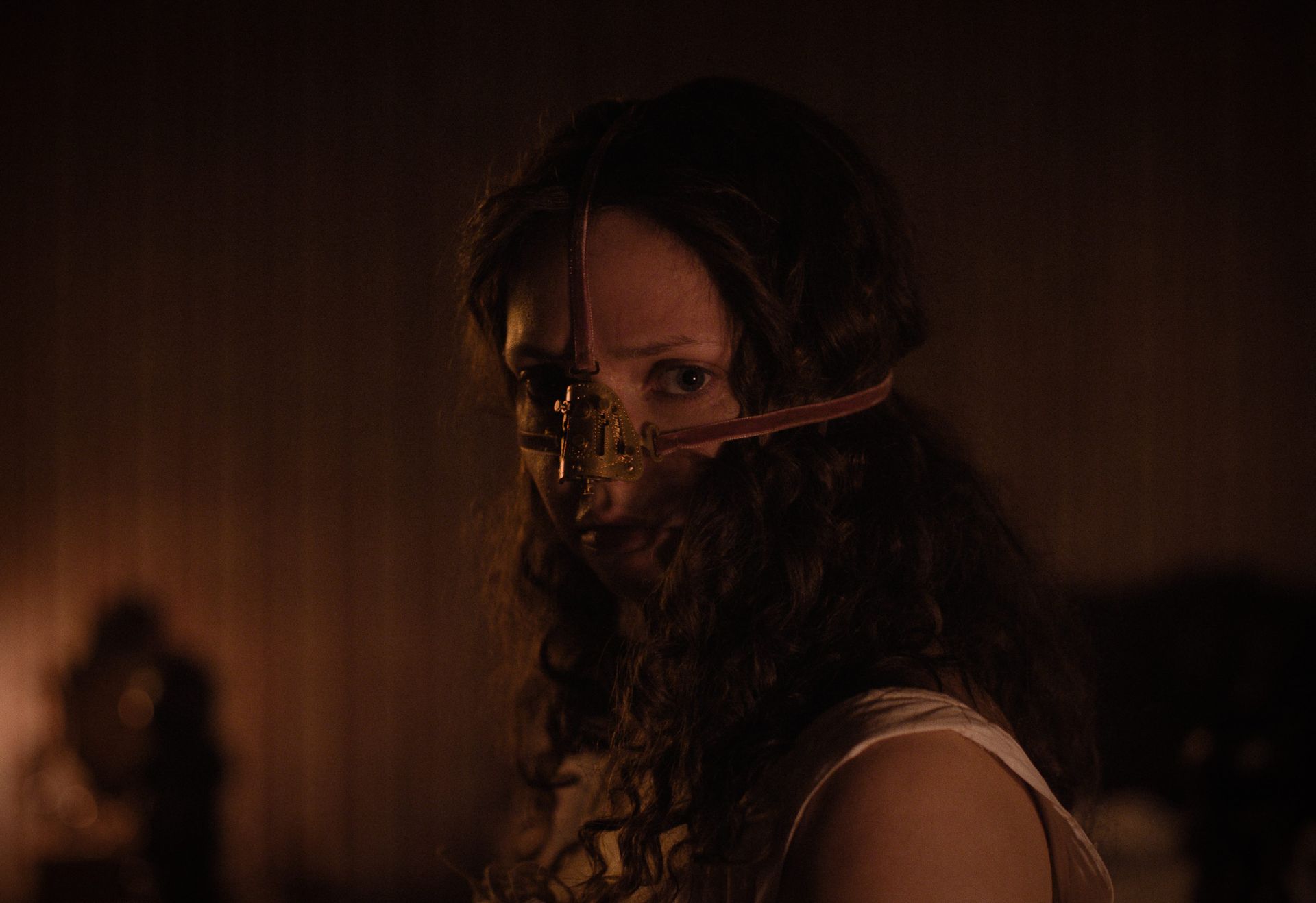Yeo Siew Hua: Seeing Differently
Yeo Siew Hua: Seeing Differently
An interview with Yeo Siew Hua
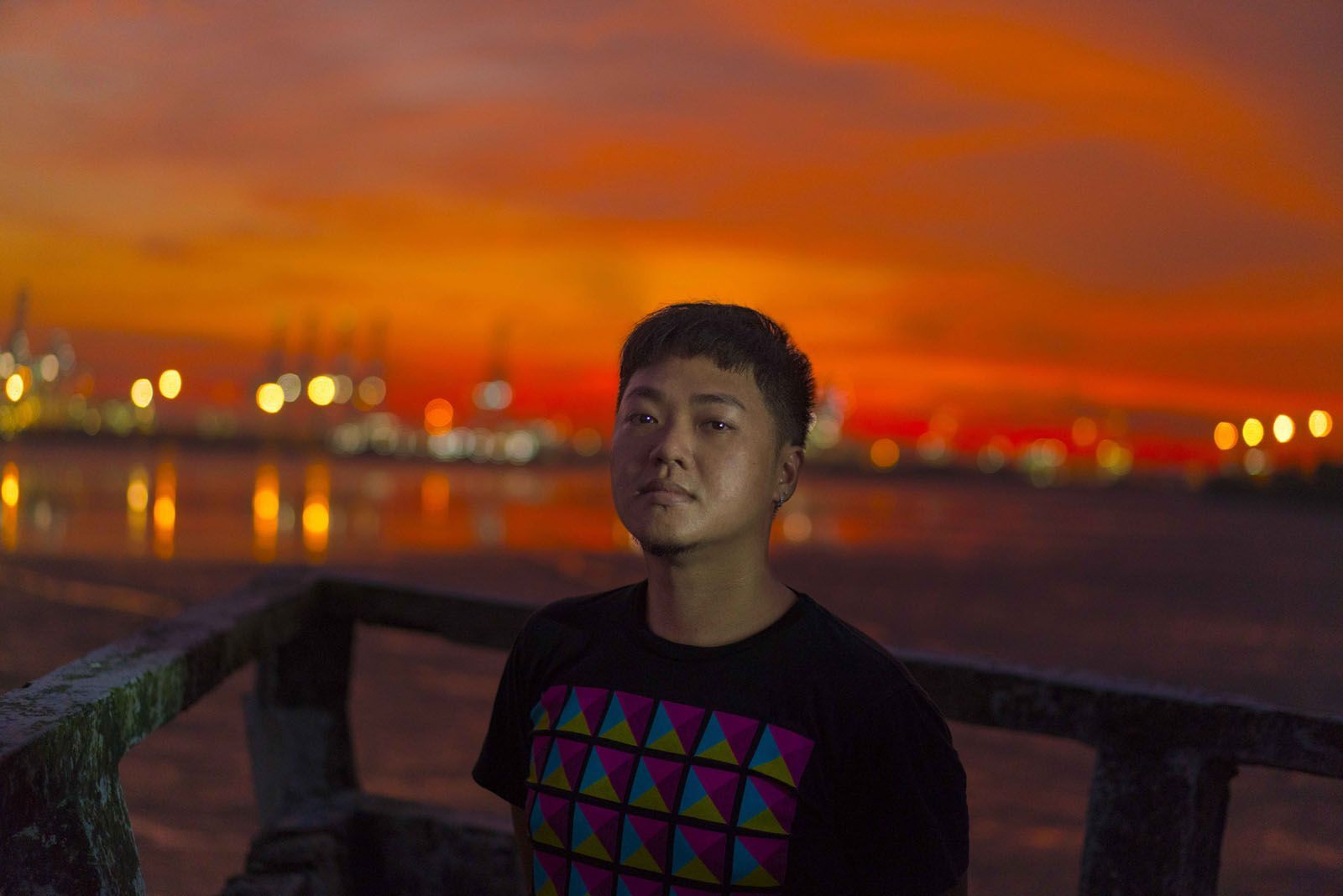
Singaporean cinema is finally reaching new heights, and one of the key contributors to these achievements is none other than Yeo Siew Hua, the writer and director behind the Golden Leopard-winning A Land Imagined (2018), and Stranger Eyes (2024), the first Singaporean film to compete for the Golden Lion at the Venice International Film Festival.
In our cinematic landscape that's growing faster and faster, what sets Yeo's works apart from the others are their fresh perspectives through which they view the Singapore identity. It's not just about what he explores, but how he explores these ideas in his films. His films start off with a straightforward baseline premise, before using that as a jumping pad to further ruminate on other concepts and themes, some in relation, some not.
Yeo is probably one of the first persons to realise on film the sometimes unreal, dream-like quality of Singapore's ever-changing landscape, working this concept of the shifting land of Singapore through land reclamation into his debut feature's (A Land Imagined) very structure, alternating between the perspectives and dreams of a local policeman and the missing migrant worker he is looking for. This creates a sense of metaphysicality between his characters, which is something his latest feature (Stranger Eyes) is deeply rooted in. Once again using structure and plotting that constantly evolves, he crafts a work that intertwines viewer and subject, which in itself is reflective of the medium of cinema too. The end result is an oddly moving film, revealing a new way of seeing how all of us humans are connected to one another.
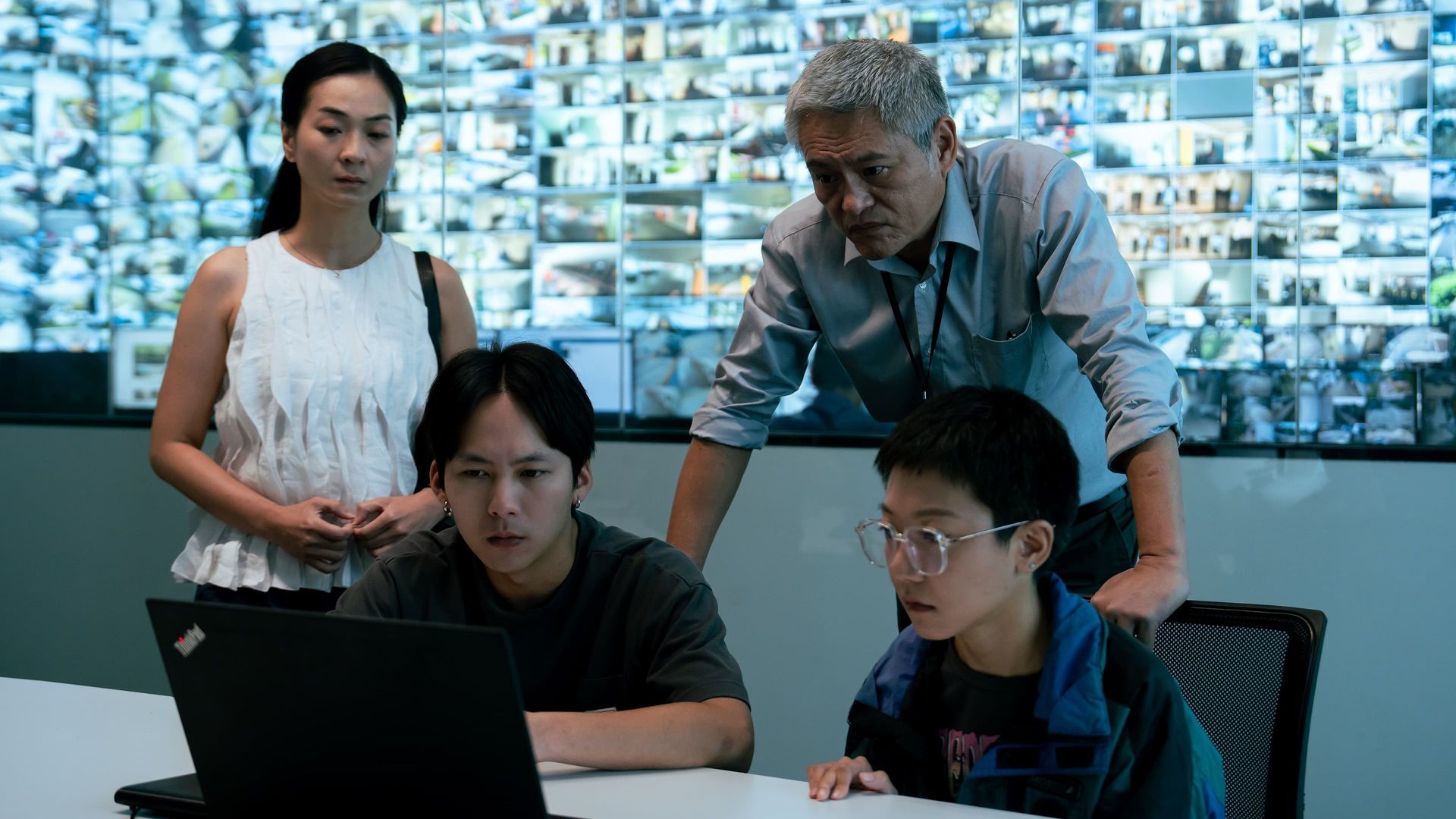
That is, perhaps, the crux of Yeo's films: changing how we see the world around us, both on a national and personal scale.
I had the privilege of speaking to Yeo about his works, specifically his last two features mentioned above. (Though his filmography stretches further back, they are difficult to find and view.)
Interview
Amadeus: I'd like to start this by going back to your education, specifically your degree in Philosophy that you took at the National University of Singapore (NUS). How do you feel this philosophy background has impacted and influenced your works?
Siew Hua: I went to study philosophy really to understand my world and my environment around me. I also studied film at Ngee Ann Polytechnic before NUS, and I felt at that time, "Okay, I know how to press all the buttons, I know how to use the equipment, and I know how to make a film", but then I didn't really have much to say in my films. So, I think once you open up certain channels of critical thinking, studying something like philosophy, it helps you ask the right questions, and that definitely went into my filmmaking afterwards.
A: I think one of the reasons you have really stood out to me as a filmmaker is because of how you're not afraid to shift gears midway through the film, to kind of jump off your base premise to ruminate on something much deeper and head in a different direction.
A Land Imagined and
Stranger Eyes, they both do this perspective shift, retracing events through the eyes of characters we've been looking at from a distance up to that point. Is that gear-shift something you've planned out early in the writing process, or is it something you're kind of led towards as you progress through the draft?
SH: I think it was quite deliberate. I mean, it's not something that you can do on set. It's really something that you need to already start planning from the script stage. I think I come from a little bit more of an experimental background, so I think with my films I'm always thinking, "What am I pushing?" Am I pushing something formally? So now, with A Land Imagined and
Stranger Eyes, I am very comfortable with making certain experiments. And it isn't – I won't even say that I'm absolutely certain that all my experimentation will be a success or it will work; I don't know what the final results are really going to be for the audience. But then I think I take this kind of mantra, which is that, like, if I know that it will work, I don't really want to do it anymore. It's no longer an experiment.
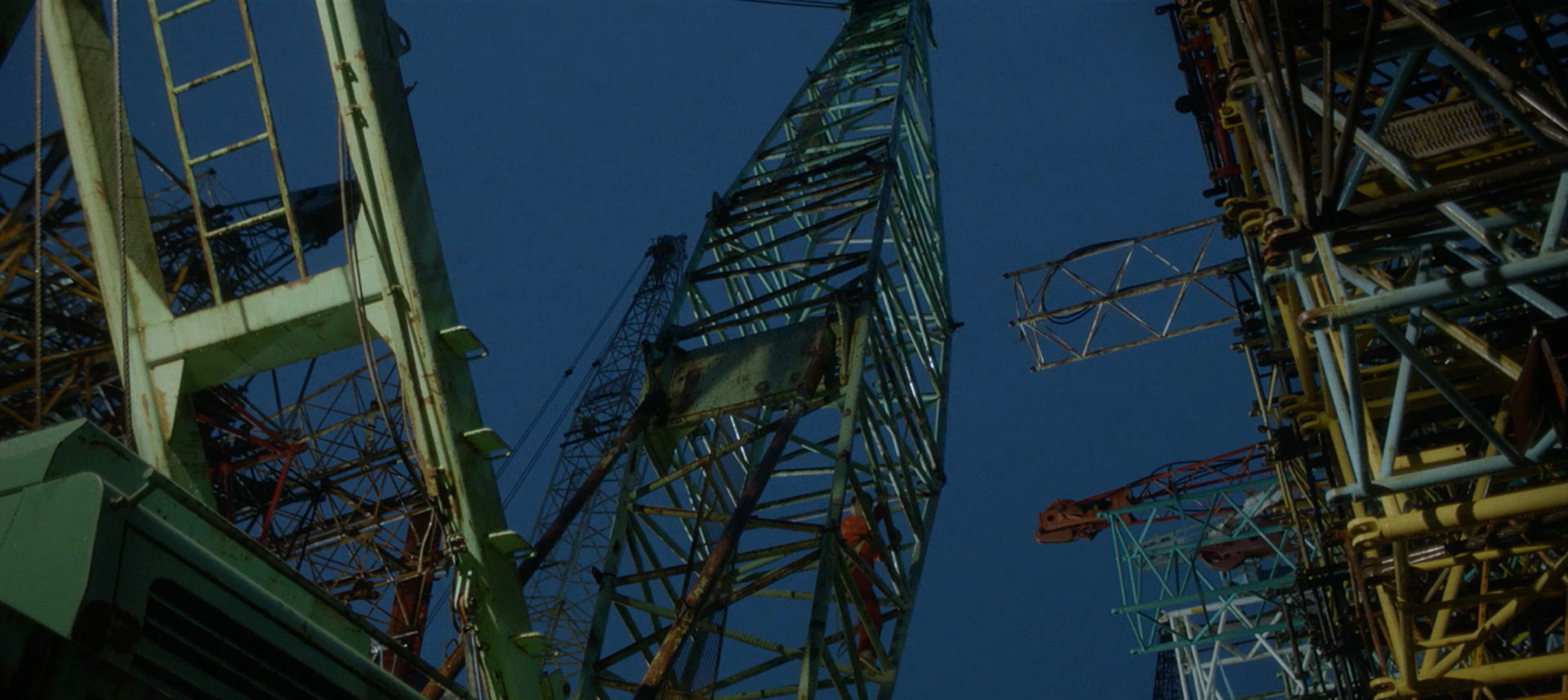
A:
Were there any films or sources of inspiration that also demonstrated the same kind of gear-shifts that inspired you in any way?
SH: I think the one that made an impression on me – but this was a long time ago and it's not in the same vein as my films, per se – but I guess if you had to ask me, I would say Apichatpong's (Weerasethakul) Tropical Malady. It starts out as a romance, like a love story, then midway through it shifts into this… mythical, forest, animal thing.
A:
Yeah, I heard that
Tropical Malady
does that shift.
SH: Yeah, so it kind of surprises you in that way. But, I don't think my films go on that tangent. You know, inside that I am still, sort of, working through a certain plot, a certain narrative, except that you start to feel that this plot opens up because of the different perspectives, and I would say that we start off investigating a case of a missing person, but we end up discovering something about the darker corners of the human soul, I guess that's how to put it.
A: Bringing the focus to A Land Imagined, I wanted to discuss the topic of dreams and their relation to the process of making that film. I feel that A Land Imagined especially possesses this dreamlike quality where we're weaving in and out between different points in the story's chronology and also the perspectives of the characters. How did you construct this structure, you know, in the writing, shooting and then the edit with (editor) Daniel (Hui)?
SH:
The structure of it, like I said, was already baked into the script. In the editing, with Daniel, we were just trying to find the right balance. But the dream element was always sort of what I wanted to start off with. [For example,] the land where Marina Bay Sands is, for me as a kid, was completely water. It was just the sea; it's like it didn't even exist. Now there is land, now I'm stepping on what used to be the sea. This is really strange for me, growing up looking at this space that has now become our postcard of the country. Living in Singapore with these kinds of constant changes, every time I leave – because now I am not fully based here anymore – and I come back, in a year or something like this, I get lost because of the changes.
So it's very much about the land of Singapore that is like, it causes me to feel like I'm in a dream state, like the shifting nature of the sand and the space and the territory and the borders, is not something that anchors me to the ground. But meanwhile, when I speak to the migrant workers, and I ask them, "How's it like to be in Singapore?", I've heard more than a couple of times that they feel like, "Oh, it's a dream to be living in Singapore." I mean, I don't know what they meant it as, they could be saying, "Oh, it's really nice to be here, we can earn money, it's a dream." But in some sense, it's also like they're saying that it's a little bit unreal that they're here, like what they care about is their family back in (their homes), what they care about is there. And for them, living in Singapore is a very unreal space, it's like all of their reality is actually their wives and kids on their phone and all of this outside for them is a bit of a dream. And so it got me thinking, it's like we both come from totally different situations, but we're both in a dream called Singapore.
We are in a collective dream state. Within these dreams there is no stability in the dream state; in the shifting sand, so I created this structure that is also folding between the two lead characters drifting through this dream.
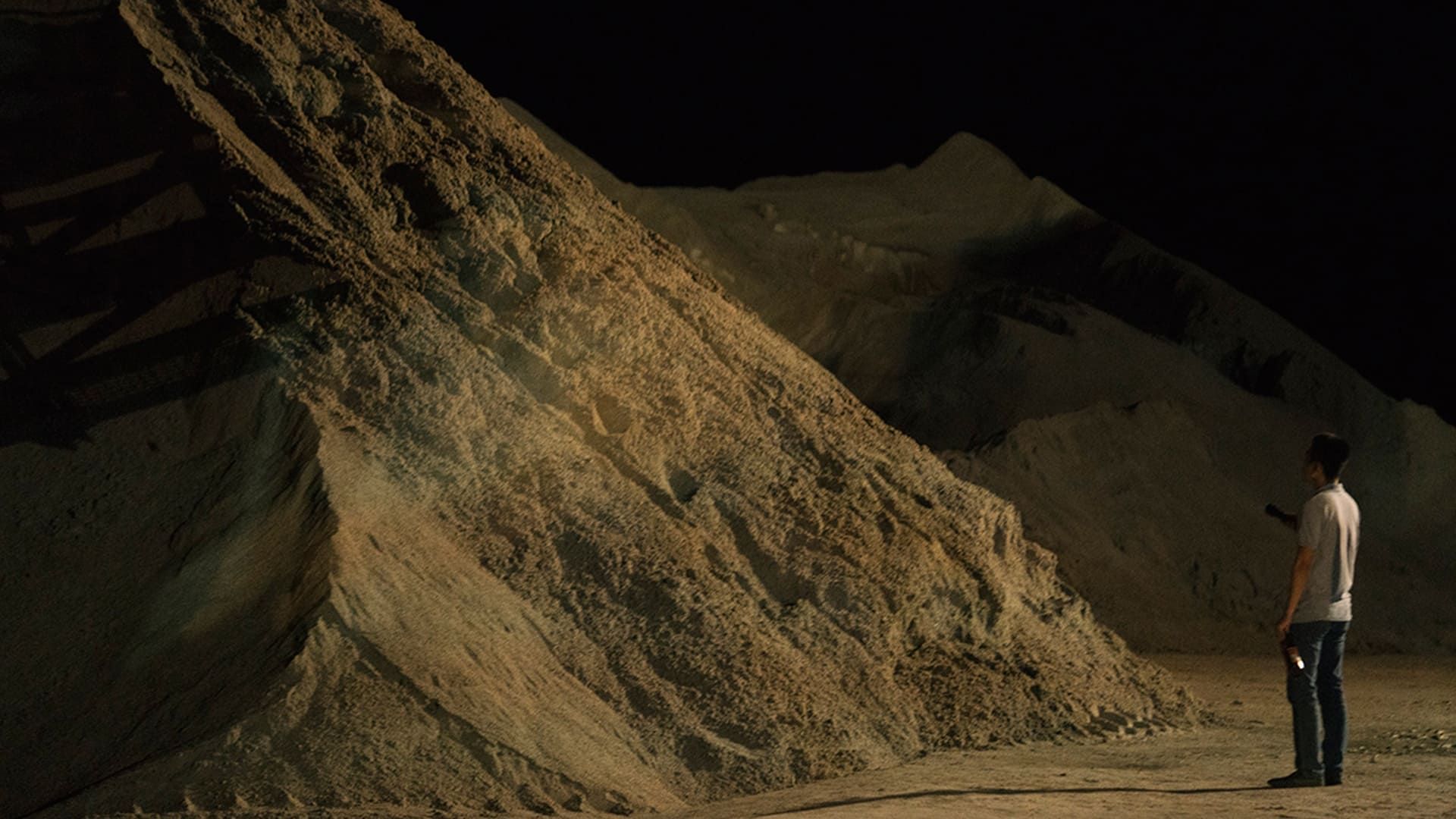
A: I like what you said, the identity shifts and there is an instability to it in that dream state. I feel like it really resonates because every day I see that there is a piece of Singapore that's being redeveloped, and there's always something that is changing up; it always feels different.
SH: Yeah, I don't know how you feel as a young person, but for me this sense of belonging is hard to grasp when all the spaces are changing. My childhood playground is gone. Where I saw my first films and all these things, they're gone. Where I had my first kiss, that's no longer there, so I no longer have anchor points in my life, because the spaces have changed so much.
A:
Moving into
Stranger Eyes, I felt that the film's theme of watching kind of builds up to this exploration of an almost metaphysical connection between two fathers through watching each other. Without going deep into spoilers, perhaps you could speak about how this aspect came into play, and also how it relates to watching and bringing people together.
SH: I think what I would say is that I sincerely believe that watching is not a passive act. It's something that's very transformative. It does something to the person who's doing the watching. At the same time, it does something to the person who is being watched, especially if he or she knows, so that's what's happening to the two characters. Many times I am sitting around, doing some people-watching by myself, and I end up staring at people and trying to give them a narrative. I pick up some kind of gesture, maybe somebody is playing with their fingers, and then I catch myself doing that. I would say that that is a moment where I'm looking so intently that I lose myself in the act of watching; you end up sharing some kind of identity with the person that you're looking at.
In a way, I would say that one has to project, in order to really understand what they're looking at; you have to project some of your humanity onto this person, or else this person is just a moving clump of flesh. You have to come up with the stories and the narratives of the person you're looking at, so much so that sometimes, all you end up seeing is yourself, because the narrative is coming from you, but that for me is very interesting because this act of seeing actually becomes a process of self-discovery. Sometimes it's not even about getting any real understanding about the person you're looking at. It actually is more about you finding something about yourself.
I also take inspiration from this experiment in quantum physics where you have these particles of light moving in a wave-like structure, but when you turn to observe it, it looks as though it's moving in a straight line. That's how I feel about human beings; if I know that I'm being watched, I end up walking in a straight line. I don't take the detours that I would have if I thought I was alone. I would not try different things – which might have fulfilled my human potential – if I knew that eyes are watching me. It's kind of a roundabout way of talking about what I wanted to say in the film.
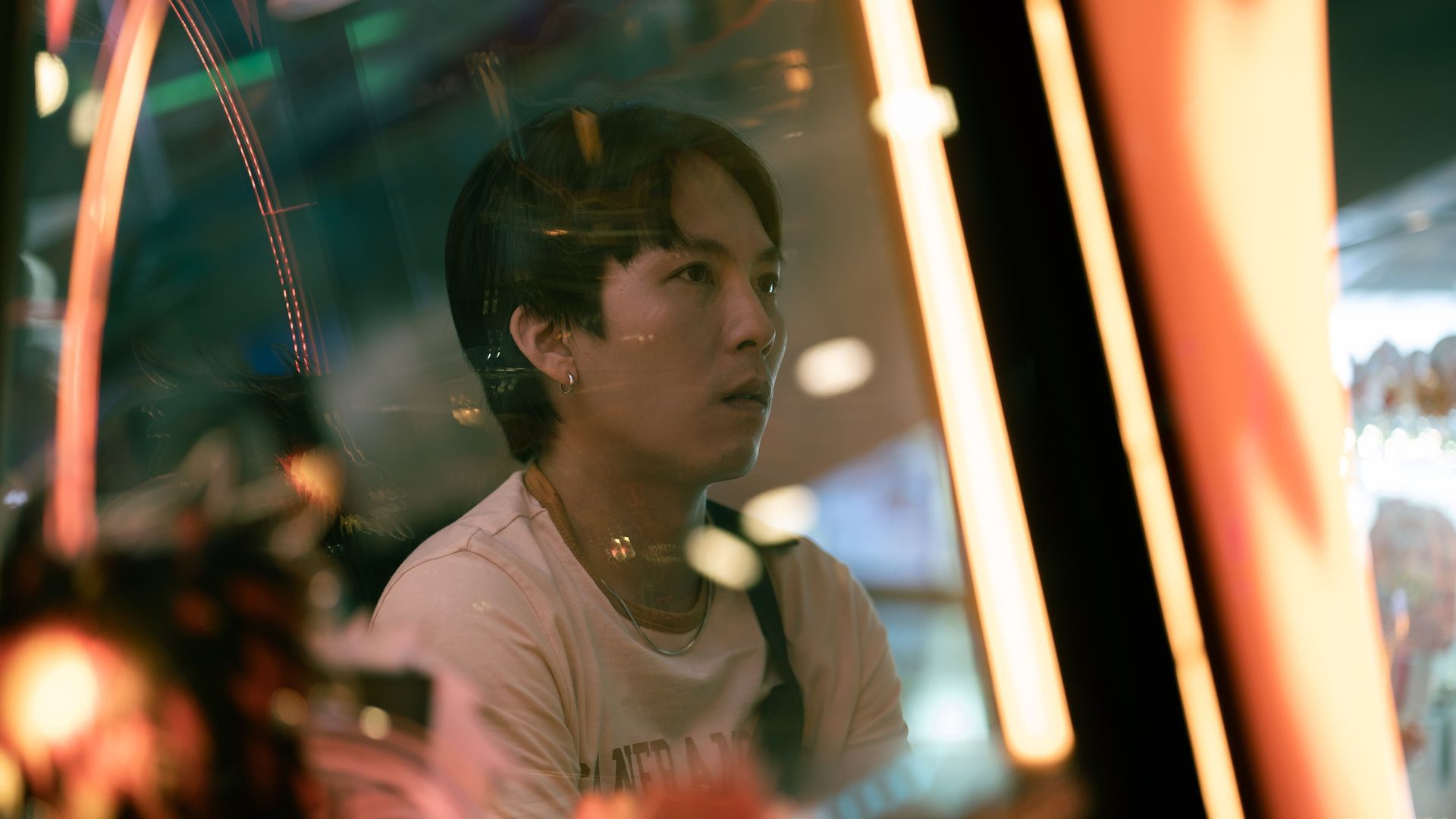
A: We briefly discussed about identity earlier, and just recently you had a masterclass for us LASALLE students, during which you said something that really struck me: "when you date your film ahead of time, it will feel old by the time it comes out" How do you see your films' relevance to Singapore's society and even identity, maybe 5-10 years down the line?
SH: If we're talking about
A Land Imagined, it still has its relevance today, outside of when it was made back then. When we made it, it was before the pandemic, and so many people at that point had not even seen how the inside of the migrant workers' dormitories looked like. So many people came up to tell me after the film that they never knew what the migrant workers' dormitories looked like until they saw the film. Since then, because of the pandemic, a lot more people are concerned about the workers' living conditions, as they were afraid that COVID would spread across the dormitories, which would pose a threat to other Singaporeans.
I think that's also what I hope for Stranger Eyes, I mean, I just released the film, I don't know how it will be like 5 years down the road. I suppose maybe the finer details of surveillance cameras – maybe they would have advanced into drones or something of that sort, maybe we would not need cameras anymore, and we would have a new face of surveillance. But I think, the questions I want to pose in the films, I hope are still very much about us, and how we live, and the relationship between the things that we are looking at and ourselves.
A:
I guess as we bring this to a close, I'd like to ask about how you view your early works in retrospect. You might have already answered this, but how do you see their impact on you as a filmmaker and artist today?
SH: Every work for me is, you know, I mean, I give my whole self to it. For me, it's very rewarding, because when you give your whole self to a work, the work becomes a frozen moment of yourself. Now it's there for me to understand myself at that point; I look back at it and I understand how much I've grown. I don't try to make perfect films. I really don't care about making a perfect film, but I want to make an interesting film. I want to make a film where people will think, ah, he's trying to do something interesting, you know, like it's not perfect and you see that there are all its flaws, but I don't believe in that perfect film.
So for me, all my films are like a learning process, like a lot of people don't know that I started out making this documentary about the underground music scene that got systematically killed off by basically the government. There's so much in relation to fiction that I learn from making documentaries.
With my short films – I don't have many, but for the few that I do – they really are a free space for me. They really are free because it's not so expensive. When you make a work that is very expensive, you need to be a bit more conservative; a bit more restricted. But with short films, that's really a playground for me, to really experiment with things to keep myself fresh. It's sort of an accumulative building, but also an evolving kind of situation with one film to the other.
Stranger Eyes is distributed by Anticipate Pictures and opens exclusively at The Projector on 9th January 2025.
----------------------
About the author: Amadeus is a filmmaker who has loved cinema as far back as he could remember. Most of his time is spent in theatres, otherwise he is writing about the films playing in them.
This review is published as part of *SCAPE’s Film Critics Lab: A Writing Mentorship Programme, with support from Singapore Film Society.
Tickets are available at The Projector: https://theprojector.sg/films-and-events/stranger-eyes/
SFS Members are entitled to $2 off ticket prices. Simply select "SFS Member" option at
ticketing and show membership identification at the door.

